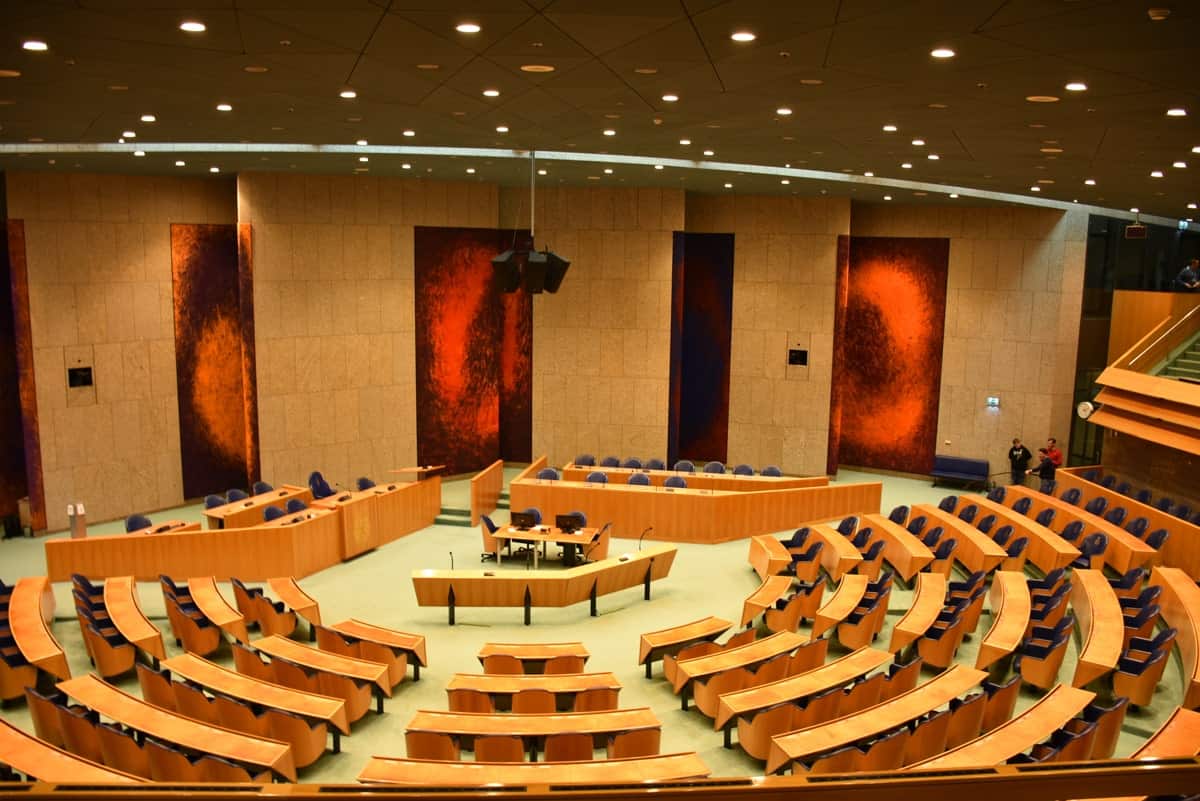Article De Nationale Franchise Gids: “Parliamentary questions asked about (false) self-employment franchisees” – dated 24 July 2019 – mr. M. Munnik
About the so-called bogus self-employment within the relationship between franchisor and franchisee have recently been asked parliamentary questions. Is there now a franchise relationship or can a collaboration between ‘franchisor’ and ‘franchisee’ be qualified as an employment relationship? It is not easy to answer this question in all cases. After all, as a rule a franchisee is an independent entrepreneur, but in some cases the working hours of the franchisee are even prescribed. What is left of that independence?
The consequences of a qualification for an employment relationship can be (financially) very far-reaching. When a franchise relationship is qualified as an employment relationship, this means that the franchisor still has to pay wage tax or social security contributions. The obligations as included in the Minimum Wage and Minimum Holiday Allowance Act (WML) also apply. If a franchisee has not received the minimum wage as a result of the operation, this will still have to be paid. Substantial fines also apply under this law. This can therefore have major financial consequences.
According to the Dutch Civil Code, the relationship between the parties qualifies as an employment relationship when the employee undertakes to perform personal work, the employer undertakes to pay wages and the employee performs the work in the employ of the employer.
In addition, the Deregulation Assessment of Employment Relationship Act (DBA Act) has been introduced since 2016. This law replaces the Declaration of Employment Relationship (VAR). Where before 2016 the responsibility to prevent bogus self-employment lay mainly with the self-employed person (and therefore in many cases also the franchisee), since the DBA Act there has been a shared responsibility. In the franchise relationship, therefore, both the franchisor and the franchisee are responsible for preventing bogus self-employment. This law is enforced (although to a limited extent) by the Tax and Customs Administration.
The Social Affairs and Employment Inspectorate (SZW Inspectorate) also enforces the WML. Although bogus self-employment is not an offense that can be fined independently under this Act, it can be part of the violation. However, when asked by Minister Koolmees of Social Affairs and Employment whether the Inspectorate SZW also has an overview of the risk of bogus self-employment among franchisees, it is stated that the risk and environmental analysis of the Inspectorate of Social Affairs and Employment do not reveal underpayment and exploitation of franchisees. as significant risks. The risks are mapped out on the basis of the number of reports, which are limited in the proportion of the franchisor to the franchisee.
Franchise agreements come in all shapes and sizes. From the so-called strangling contracts to an agreement with a lot of freedom for the franchisee. Where in some cases everything is arranged in detail, in other cases instructions are only given in outline or there is no manual at all. The qualification for an employment relationship will of course take place sooner if the franchisor prescribes exactly how the operation of a franchise establishment should take place. An important criterion that distinguishes a franchise relationship from an employment relationship is, for example, whether the franchisee himself is obliged to perform the work or whether he can (also) engage personnel for this purpose.
When asked what conditions a franchise agreement must meet, so that there is entrepreneurship instead of bogus self-employment, Minister Koolmees answers that the parties currently have complete freedom of contract. There are therefore no requirements at the moment. If there is any doubt about the qualification of the employment relationship, the parties must submit this to the court. At that time, all circumstances of the case will be taken into account. This answer is of little help.
For the time being, it seems that Minister Koolmees’s answer to questions about (false) self-employment among franchisees has ended the political attention in this context. Perhaps future legislation will provide more clarity about the, in some cases, thin dividing line between the franchise relationship and an employment relationship. It is also possible to report this to both the Tax and Customs Administration and the Social Affairs and Employment Inspectorate if there is a suspicion of bogus self-employment. This can be done, for example, to have the franchise agreement tested in case of doubt, whereby not only the franchise agreement but also the franchise relationship as a whole should be examined, as well as if there has already been a (long-term) violation. In case of doubt, it is in any case important that testing – ideally in advance – takes place.
Click here for the entire article.
mr. M. Munnik – franchise lawyer
Ludwig & Van Dam Franchise attorneys, franchise legal advice.
Do you want to respond? Go to: munnik@ludwigvandam.nl

Other messages
No non-compete violation by franchisee – mr. AW Dolphijn – dated February 4, 2021
On 20 January 2021, the District Court of Rotterdam, ECLI:NL:RBROT:2021:657, ...
(Partially) similar activities not in conflict with non-compete clause – mr. RCWL Albers – dated February 4, 2021
In recent proceedings, two (former) franchisees were sued by their ...
Court issues groundbreaking verdict: Rent reduction in substantive proceedings for catering operators as a result of the lockdown – mr. C. Damen – dated February 1, 2021
Last Wednesday, a controversial ruling was made and published for ...
Article Franchise+ -The risks of a minimum turnover requirement in the franchise agreement for the franchisor
Including a minimum turnover to be achieved in the franchise ...
Article The National Franchise Guide: “Minimum turnover as a forecast”
For many years now, the responsibility and liability of the ...
Article Franchise+ – “Franchise statistics 2019: decline trend continues, caused by the Franchise Act?”- mr. J. Sterk, mr. M. Munnik and mr. JAJ Devilee
Since 2007, Ludwig & Van Dam attorneys have been periodically ...





